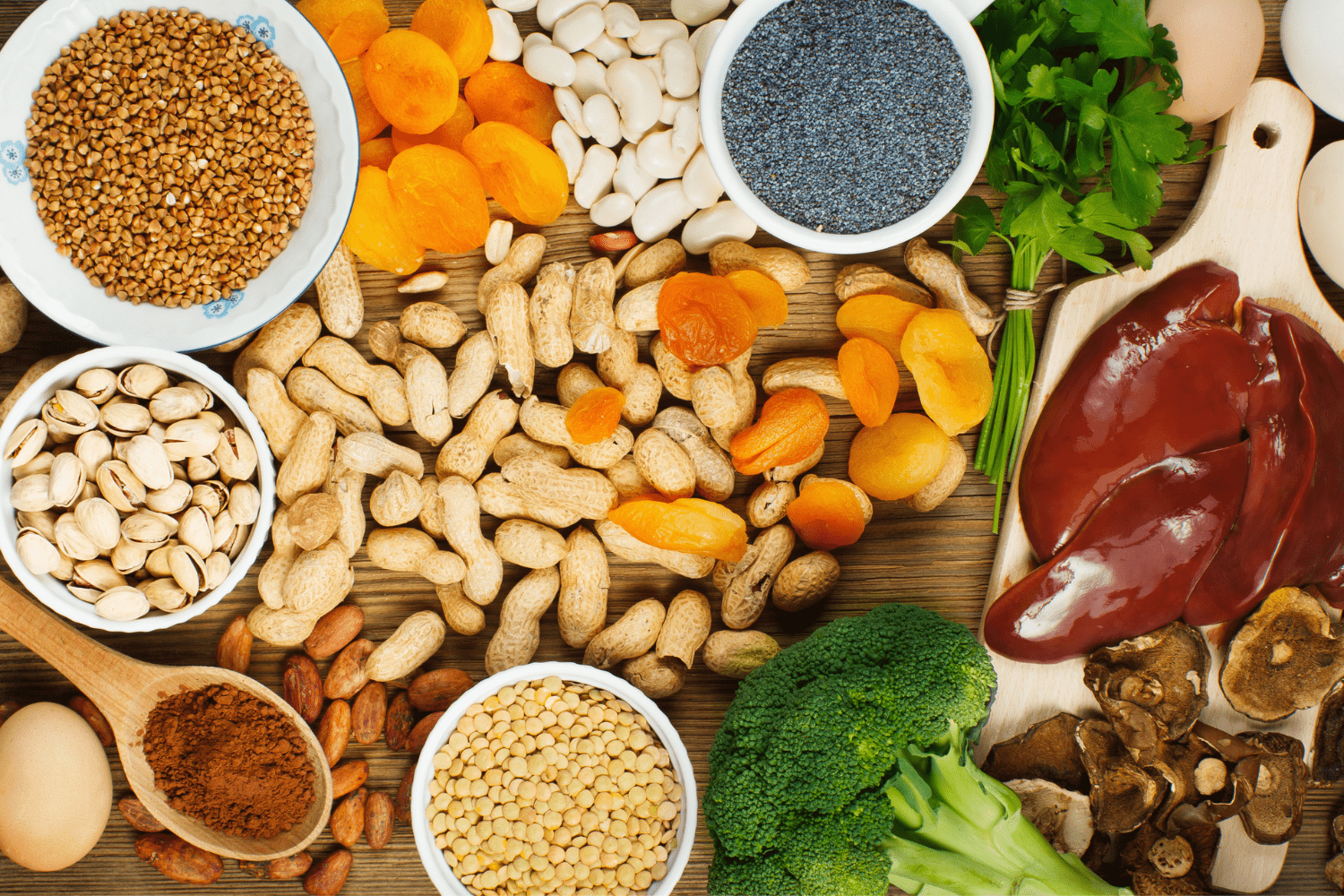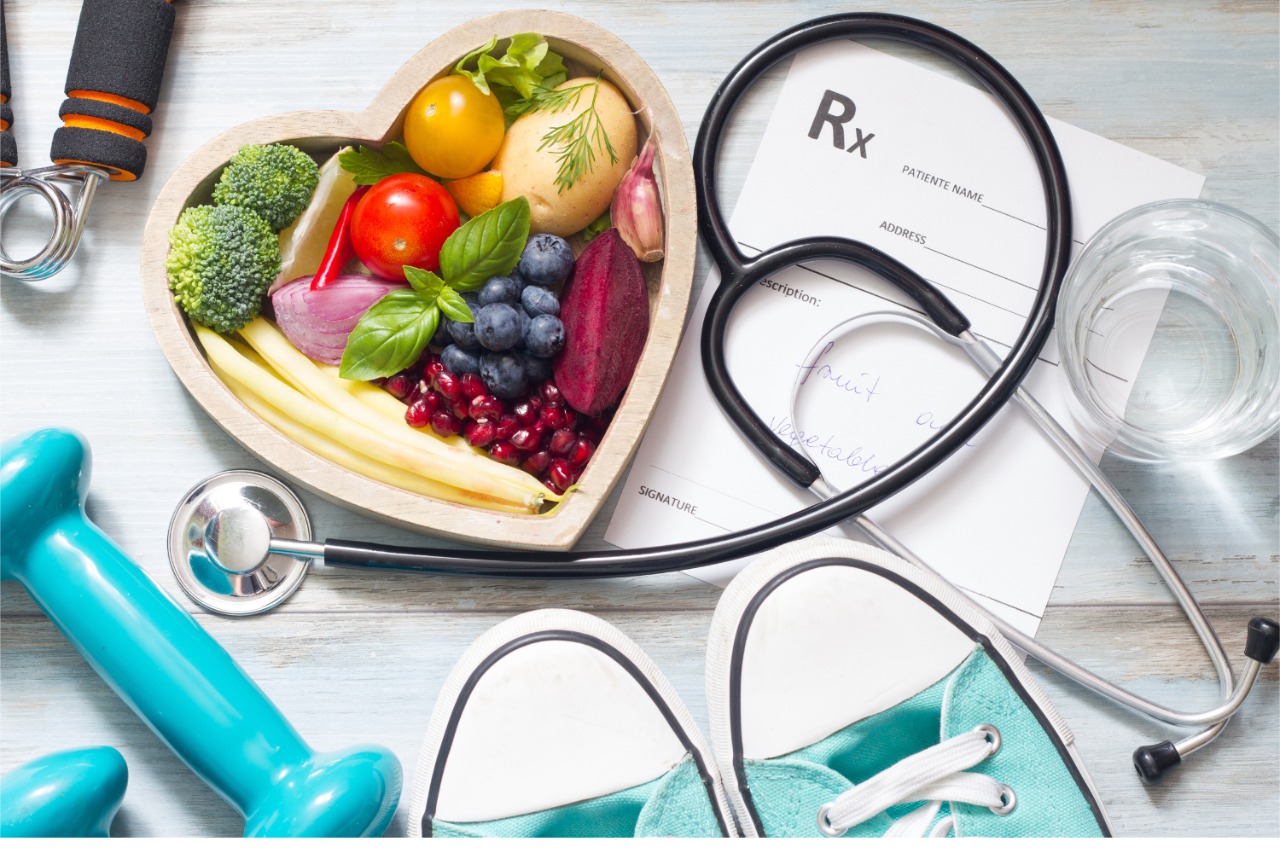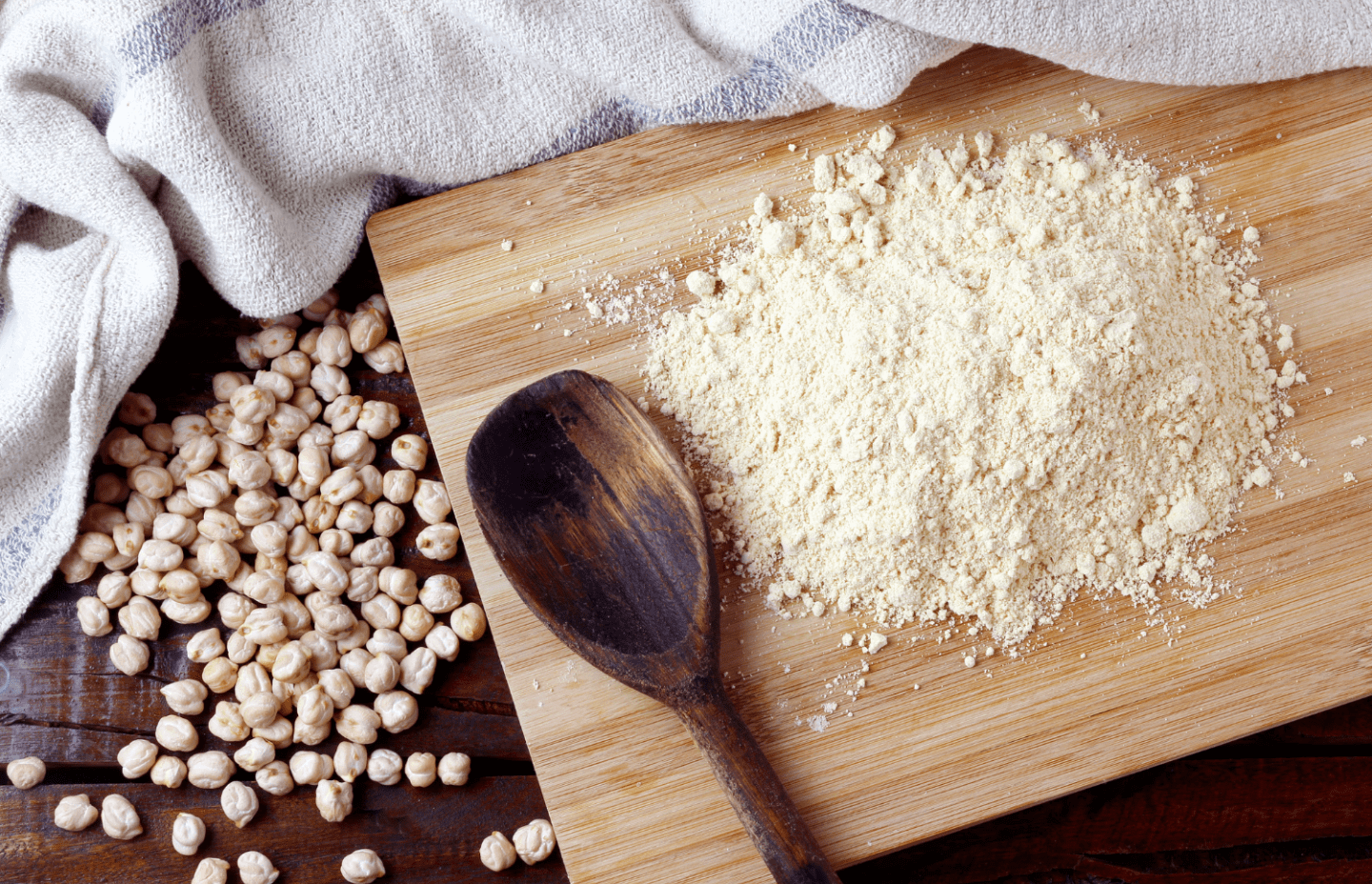
Staying healthy and weighing right requires daily efforts; a crash diet will probably help with
temporary weight loss but your system gets completely deprived of essential nutrients. Let us
refresh some facts quickly.
1. Proteins are building blocks that help repair your muscles and carry oxygen to all cells in the
body.
2. Fiber is essential for gut health and metabolism.
3. Calcium is not just associated with bones and teeth but also plays a critical role in blood clotting.
4. Potassium joins hands with Sodium to maintain normal levels of fluid within the cells. Sodium
maintains the same outside the cells.
Well, the good news is that by and large eating habits in India cover most of what is mentioned
above on a daily basis. Each individual might have his or her nutritional specifications depending on
their gender, fitness goals and levels, and overall health. On average sticking to an overall 2000
calories per day is considered a regular standard for one’s energy and nutrient needs.
Our cuisine has a range of diverse nutrients and is inherently balanced apart from being rich in
antioxidants, probiotics, and dietary fibre, making it extremely nutritious and healthy. Let us go
through this with a checklist, but before that let us recall that nutrients can be broadly classified into macronutrients and micronutrients.
Macronutrients are those our body needs in large amounts such as carbohydrates, protein, and
fat to provide is with energy-calories.
1. Micronutrients are needed in smaller amounts such as vitamins minerals and antioxidants. These
help our body use the macronutrients consumed and for a whole load of other essential
reactions and processes in the body.
Your ideal daily-nutrition checklist-
1. Consume at least 5 servings of colourful fruits and vegetables daily. The more you consume the
better it is. Say one fruit serving should a good mix of orange, apple, and banana. Find a seasonal
fruit? Include that also. Vegetable salad should be a cup of all kinds of vegetables preferably
fibre-rich. This will cover your micro-nutrient quota for the day.
2. Now at least 10 servings of cereals like whole grains and millets where one serving amounts to
roughly 30 gms of uncooked cereal which is one chapati or a medium-sized bowl of cooked rice.
There is your macro.
3. 3 servings of pulses where again 1 helping is an uncooked pulse. You may also replace this with
animal foods if you are a non-vegetarian. 3 servings of pulse or 90 gms of pulse equal one
serving of cooked meat. For vegetarians, combining pulses with cereal grains helps fulfill the
daily essential amino acid requirements automatically.
4. 2 servings (150 ml/1 serving) of dairy-based milk will cover vitamins and minerals such as
calcium, B-12, and iodine. Check for fortified options in case you are vegan.
5. 1 serving or 30 gms of dried fruits /nuts/ seeds or a combination – preferably unsalted. This
takes care of omega-3 fatty acids, and potassium particularly if you are a vegetarian.
6. 1 serving = 5 gms or 1 teaspoon of different types of cooking fat such as vegetable oils, ghee,
mustard/groundnut oils, etc on a rotational basis, to maintain a good balance of omega-3 and
omega-6 fatty acids. Avoid hydrogenated fats.
7. 5 gms or 1 teaspoon of iodized salt for iodine/ sodium requirements.
Watch for a month if your diet meets the daily nutrition requirements, and tweak your meals to
make it work! It will become a habit and you will need to fret no more.







